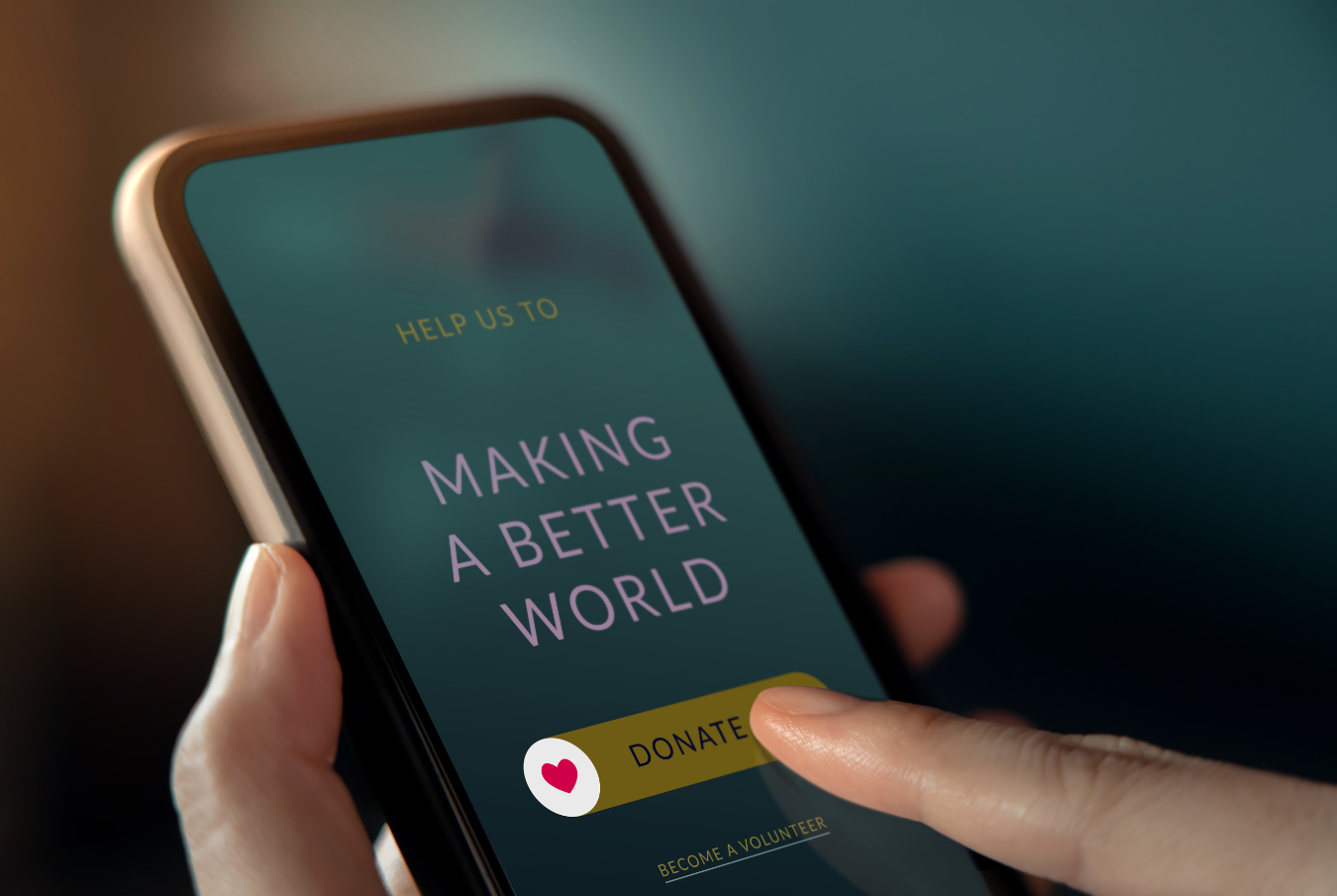
My Dad taught me to be financially generous, but I’ve tweaked the lessons he shared over the years. He was an excellent example of how you get a lot back in return when you are generous to others. It feels good to help other people. I think he chased the positive reinforcement that being generous to others gave him. He didn’t brag, but he loved retelling stories about how he helped other people.
He was generous in his actions, and he was generous with money too, supporting several organizations for much of his life and handing out cash ad hoc to those he thought needed it. To his dying day, he was generous with his possessions. Any visit to my Dad inevitably saw him spreading his arms wide as he surveyed his house or shed, saying, “Take what you want”. And he meant it. But, he sometimes gave too much, leaving our family, on some occasions, without enough money to live. It drove Mum to distraction. As an adult, I’ve taken the good bits from my Dad’s giving nature and let the rest flow by.
Because of my upbringing, I’ve always made attempts to be generous. I remember it was hard when I first started earning my own money. Money was hard to make; therefore, it was hard to give it away. Initially, I held onto it just a bit too tightly. But little by little, I learned how to loosen my grasp on it, and I’ve since learned that when I give it away, I never miss it, and I get the same emotional boost that my Dad got. It feels good to help other people.
My husband was raised differently from me, and charitable giving didn’t feature as largely in his home as mine. But we work well together, and he has told me I’ve taught him to be more generous. Now, through our actions, we are teaching our daughter how to be generous too.
Over time, I’ve developed a giving system that works for us. It puts some guardrails around our generosity that lets me be spontaneous and means we don’t go without. We have a bank account specifically for donating money to others. It is a sinking fund that builds over time that we call “Giving”. When I see that bank account in PocketSmith, it’s a visual reminder to look for opportunities to be generous.
I automatically transfer a set amount of money into this bank account every Monday, meaning it is set and forget. It’s not a percentage of our income because that is too variable and would require admin each week. Automation is key. Otherwise, you will forget or think you can’t afford it. I’ve created a good habit now, one that is locked in.
The psychology behind my simple system is that it fixes my Dad’s problem of giving too much away. By moving money aside into this account, I still ‘have’ that money for a little while longer. Having moved it to one side, I get to monitor and judge whether I can do without this money. Over time, I’ve settled on a ‘safe’ amount of generosity that doesn’t jeopardize my family’s wellbeing.
According to the PocketSmith Global Spending Map, New Zealanders donate approximately $65 monthly to charity, about $780 annually. If you are starting, this is an excellent figure to keep in mind, and it lets you know what others are up to. Your budget may only allow for less than that, which is fine; do what you can. Or it might allow for a lot more. You get to set your charitable spending. No one is keeping score.

Money builds up in our Giving bank account until we decide what to do. Deciding who and what to support is straightforward. If I hear about a good cause, I’ll check the balance of the account, run the idea past my family for their feedback, and then donate. Like my Dad, I’m always looking for opportunities to help other people, and now, my daughter gets to see me do the same.
After becoming overwhelmed by the volume of national and international charities looking for donations, I decided to focus closer to home in my community and country. I always keep my antennae up for a worthy cause and will step in when I see one. That is the trick: Not overthinking it, just doing it. What stops people from being more generous is that they doubt the recipient will use the money well. I’ve got more faith in my ability to pick a good cause and their ability to make good choices. I’m yet to be proved wrong.
I give without strings attached. I expect nothing (except a thank you) in return. I trust that people will make good choices with the money we offer because, over my lifetime, when I’ve been down on my luck and been given money, I used it to help me move forward. Most people will. You can check your motivations for helping. If they are genuine and you care about the cause you are giving to, you will consider it money well spent. Start small, and give a little and often. Give a little more as you find ways that work for you and your income allows you to.
Donating to someone in need can be awkward, especially if you are face-to-face with them. Giving online or to large organizations removes that awkwardness. But because I meet people all around me who could simply do with a bit of money, I’ve learned to move past my inhibitions. Generosity is a learned behavior; the more you do it, the easier it gets.
I wanted to share actual examples of how we give. Because, as I learned by observation, you might too. This is what charitable giving looks like in my family, and here is where we have donated money in the last couple of years:
I don’t like to foist my generosity upon others. I want to be respectful and acknowledge that I don’t know the ins and outs of someone’s finances. I offer help and donate if they would like me to. I have learned the difference between someone politely turning me down out of embarrassment but with a genuine need and someone turning me down because they genuinely don’t need help.
What goes around comes around. And although I’m not looking for anything in return, “give and you shall receive” is very accurate, too. PocketSmith can tell me exactly how much money we have given away in the last 12 months, and it was money well spent. We got massive value for money out of doing so; knowing we have helped make someone’s day a little easier is all the thanks we need. The world is busy and challenging for many. Sometimes, people just need a little financial help. I encourage you to quietly and with an open heart find someone who needs a little help today. You might initially feel awkward, but that will soon be replaced with the feeling of having done a good thing.
Ruth blogs at thehappysaver.com all about how she and her family handle money. What’s the secret? Spend less than you earn, invest the difference, avoid debt and budget each dollar that flows through your hands. She firmly believes that if you can just get the basics right, life becomes easier from there on in.